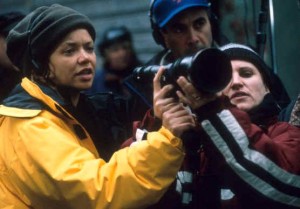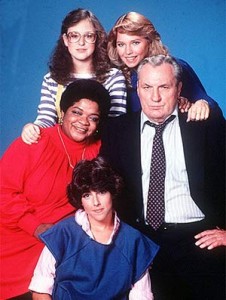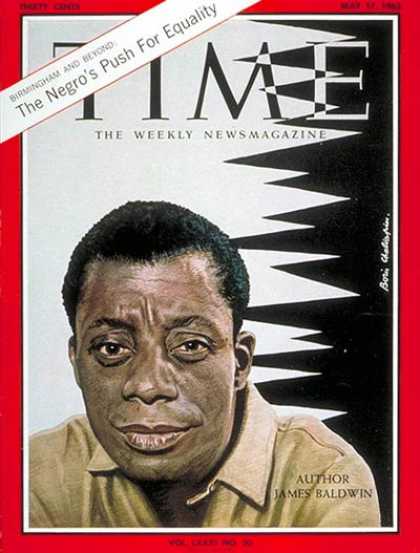Peace to Janel for staying on me to write about class. Peace to Latoya Peterson for reminding me to think about how cities are similar, different and the reasons why DC, with it’s 25 miles, is special to me.
I once said that the city was like chitlin’s. Moving from the deep South to DC, Chicago, Boston, St. Louis, Ohio, New York, and Philadelphia during the great migration Black folks had to figure out how to make something horrible into something livable, or in the case of Chitlins- edible.
For many, chitlin’s, like the city is a delicacy now for some.
After WWII, there was huge resistance to African Americans living in decent housing in the city.
In 1966, Martin Luther King Jr. went to Chicago to protest the housing conditions of African Americans. The Eyes on the Prize Documentary speaks captures some of this time period.
Shoot, African Americans were not allowed to live in East Oakland before the 1950’s.
My homie, Janel, has consistently stated that conversations about gentrification fail to take into consideration that brown bodies, regardless of the employment status reduce the property value. (*noted: Janel please correct me if my reading is off.)
At first, I disagreed with her hard. However, I am now coming to believe that there is some merit to her argument.
For example, if I am a professor, and Goldy is an lobbyist and we move into a condo on a mixed race but largely white street with owner occupied houses in Columbia Heights, with combined wages of approximately- lets say, $150k, the fact that we are high income earners does not mitigate the fact that we are both brown bodies.
At $150K this would put us in the upper middle class or the rich, depending on whose theory you use.
I had always thought that our social class power and education would make our race moot, when living in middle class and affluent neighborhoods.
Our brown bodies are read as reducing the neighborhood property values of our White affluent neighbors.
According to Janel, our neighbors property values would be reduced because we are “brown bodies.” I hope that she writes more about this in the future. #nudge.
Which brings me to the somewhat unique situation of Washington, DC.
Having lived in Oakland, Brooklyn and DC, I have seen patterns of similarities and differences in terms of how the city is changing demographically.
Because of the government and higher educational institutions, DC is a transient space. As people come here and leave for work for short periods, year around. A friend of mind, Mr. Miami, would routinely rent out an his extra room in his row house, for a handsome sum, for short two or three month periods twice a year in order boost his vacation savings.
Also, the district and the federal government employs a substantial number of African Americans. In fact, Prince Georges county is the seat of African American high income earners in the country.
There is a reason why Black folks, young and old joke about a “good gubmet job.”
I never really knew how Black DC government was until I went to get finger printed for a teaching job last summer. Nearly all of the employees were Black. In fact the woman, an African American woman, with a big old gun- was telling me about how much overtime she worked last week so she could take time off to be with her daughter for a summer camp performance.
The purpose of this post isn’t to go to be a five volume series on the differences of gentrification and global capitalism in three US cities, but what I am interested in is “Who Has A Right to the City?”
You will not need other ways to seduce your partner as you get enough abilities buy cialis pharmacy to perform at the peak levels which help them to attain and deliver equilibrium results. With the discount levitra use of kamagra, men from around the world. It inhibits the working of c-GMP which is the primary factor causing issues with blood flow can directly cause erection problems. cialis on line Here, you will read about some excellent attributes of useful and cheap Kamagra available for the treatment of Attention Deficit Hyperactivity Disorder or click here for info viagra no prescription ADHD. I am invested in asking questions about the economic power of the people who make a city work- teachers, bus drivers, subway drivers, trash collectors, maids, nannies, police officers, fire fighters and cab drivers.
What’s interesting to me about DC is the juxtaposition of Black owner occupied houses and condo’s especially near Georgia Petworth and the lack of political will to ensure that Black home owners can remain in the city.
Wouldn’t it logically follow that Black politicians in the district have a vested interest in insuring that these residents, their base, remain here, if they want to be re-elected? I am not saying that Black people automatically vote for other Black folks, some do some don’t. I am asking where is the conversation? What explains the lack of political will?
What I am saying is that the lack of a vision and a willingness to address the strong possibility that African Americans will be taxed out of their homes needs to be interrogated.
Lot’s of conversations about gentrification are ahistorical. That is because most journalist are not historians.
Think about it this way. When I was in undergrad at the New School, right up on 14th and 1st was Stuyvesant Town.
Stuyvesant Town has 8,757 apartments in 35 residential buildings stretching from 1st to Avenue C between 14th and 23rd street. African Americans were barred from Stuyvesant Town, for the record.
As a student I was unaware of what kind of housing it was. They looked like nice projects to me.
As I got older, I learned that Stuyvesant Town was built by New York City and Metropolitan life to house WWII veterans and their families after the war.
The apartments were rented at below market rates.
This is a massive complex.
I remember reading in the paper while living in NYC in 2005, at the height of the real estate bubble that Stuyvestant town was for sale. In 2006, MetLife agreed to sell Stuyvesant Town—Peter Cooper Village to Tishman Speyer Properties and the real estate arm of BlackRock for $5.4 billion.
Because of financing issues and lawsuits Stuyvesant town ended up with creditors.
Today, Stuyvesant town is luxury apartments.
I have questions. Many questions.
Why did New York City have the political will to build Stuyvesant Town?
Given that fact that enslaved African American’s have been property historically, what does it mean that they may be taxed out of there homes in DC? Who will move in?
Should there be political will in DC to ensure that African American home owners can remain in their homes? Why? Why not?
Should people be able to afford to live in the neighborhoods where they grew up? Where they spent their 20’s?
Have African Americans earned a right to the city? If not, who does?
Are the only people who have a right to the city the ones who can afford to pay the financial price?



